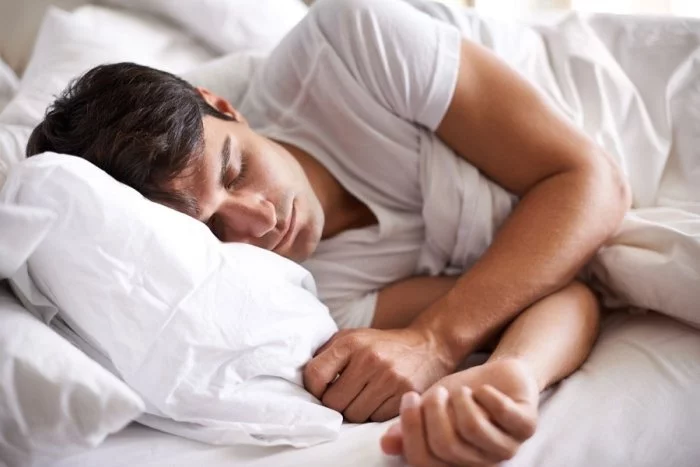Didn't sleep well? Ways to make your day easier

Sleep – called “nature’s soft nurse” by Shakespeare and “the foundation of mental and physical health” by neuroscientist Andrew Huberman – is crucial for nearly every aspect of your life. You’ve likely heard the basics: seven to eight hours of sleep, a consistent bedtime, a dark room, and no caffeine late at night. But what happens when all that fails, and you have a rough night? How do you make it through the day – and not spiral into more bad nights?
Experts say: take it one hour at a time.
When you first wake up, your instinct may be to grab your morning coffee. But some health experts suggest delaying your caffeine intake by 30 to 90 minutes. Why? Caffeine blocks adenosine, a molecule that makes you feel sleepy. But adenosine is naturally low when you first wake up, meaning caffeine has less to block.
Still, caffeine kicks in after about 10 minutes and peaks in your bloodstream after around 45 minutes. And if you’re planning a workout or a brisk walk, it can boost endorphins and help burn fat.
While some claim caffeine leads to a midday crash, there’s no solid evidence for that. Longevity doctor Brittany Busse advises: “Stick to your usual caffeine amount – or one small cup if you don’t drink it often – and finish it before noon. Also, drink plenty of water with it.”
Hydration is key. Follow a simple rule: one glass of water for every caffeinated drink. If available, try creatine – a supplement often used by athletes. A 2024 study showed it may reduce the negative effects of sleep loss by supporting the brain’s energy reserves.
Next up: get outside into the sunlight. If it’s winter, this might be an hour after waking. Sunlight tells your brain to stop making melatonin (the sleep hormone) and start producing cortisol (the wake-up hormone). According to Shawna Robins, author of Powerful Sleep, just 10 minutes of sunlight resets your body’s internal clock.
Sunlight also boosts serotonin, which improves mood and focus. If possible, go outside – glass blocks some beneficial light rays. But even standing by a sunny window is better than nothing.
What about cold showers? They might help, increasing adrenaline and oxygen, and improving alertness. But if you hate the cold, it may just make things worse. Consider contrast showers – switching between hot and cold every 15–60 seconds. Knowing warm water is coming can make the cold more bearable.
Read “Zamin” on Telegram!
Ctrl
Enter
Found a mistake?
Select the phrase and press Ctrl+Enter 













